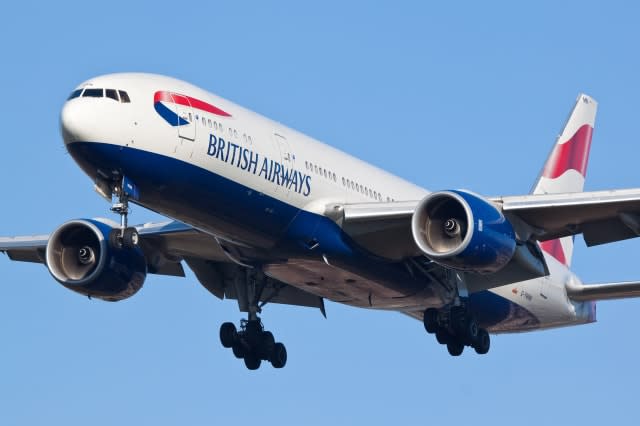Scamwatch: "free" BA flights

Stay one step ahead of the fraudsters with our series of articles giving you the lowdown on the scams they use to trick people out of their hard-earned cash - and how to avoid being taken in by them.
This week, we explain how criminals are posing as British Airways (BA) and offering gift vouchers for free flights in a bid to get hold of people's personal information.
How does it work?
Most of us would jump at the chance of a £1,000 voucher to spend on British Airways flights.
Unfortunately, fraudsters know this and are using our love of travel to trick people into giving out their personal details by sending out emails that appear to come from BA and offer the chance of winning a £1,000 voucher.
"We are happy to announce a number of new regional routes," says the email. "To celebrate, we are offering our selected customers a great chance to receive a £1000 British Airways Voucher!"
However, anyone who clicks on the link to enter the draw by inputting their "dream destination" is taken to a potentially dodgy website and asked to enter personal details that could be used to steal their identity.
How can I avoid being caught out?
It is always a good idea to double check the email address that messages of this kind were sent from before doing anything. In this case, for example, the sender's address bears no relation to BA's domain.
Other signs that this is a scam include that it urges people to move fast to take advantage of the offer: "Don't think twice. This offer is available through today only!"
When receiving emails of this kind, it is vital not to click on any links within them, as these can result in malware being downloaded on to your computer or device and used to spy on you or shut down your system completely.
You should also ignore any requests for personal information such as your address, mobile phone number or bank details.
I've been defrauded. What should I do?
Contact any organisations, such as your bank, the fraudsters could target to steal your money, and change any passwords and login details that may have been made available to them.
If you clicked on a link within a bogus email, you should also conduct a malware check using an online virus scanner such as the Microsoft Safety Scanner. Then report the problem to Action Fraud (0300 123 2040).



